The Oppo Reno6 Pro+ is the China-only top-end model in Oppo’s Reno range, featuring a 6.55-inch display with 2400 x 1080 pixels resolution and 90Hz refresh rate. It’s powered by Qualcomm’s Snapdragon 870 chipset and comes with up to 12GB RAM and 256GB of built-in storage.
The rear camera uses a 50 MP sensor in the primary module, and those users who want to zoom in or out have a 16 MP ultra-wide and 13 MP 2x tele lens at their disposal. There is also a dedicated macro lens, which is not covered by our test protocol. In video mode, the Oppo can record 4K footage at up to 60 frames per second.
Let’s find out how the Oppo Reno6 Pro+ performed in our DXOMARK Camera test.
Key camera specifications:
- Primary: 50 MP 1/1.56″ Sony IMX766 sensor, 1.0µm pixels, f/1.8-aperture lens, PDAF
- Ultra-wide: 16 MP 1/3.09″ sensor, 1.0μm pixels, 123° field-of-view, f/2.2-aperture lens
- Tele: 13 MP 1/3.4″ sensor, 1μm pixels, f/2.4-aperture lens, 2x optical tele, PDAF
- Macro: 2 MP 1/5.0″ sensor, 1.75μm pixels, f/2.4-aperture lens
- Video: 4K at 60/30fps, 1080P at 60/30fps
About DXOMARK Camera tests: For scoring and analysis in our smartphone camera reviews, DXOMARK engineers capture and evaluate over 3000 test images and more than 2.5 hours of video both in controlled lab environments and in natural indoor and outdoor scenes, using the camera’s default settings. This article is designed to highlight the most important results of our testing. For more information about the DXOMARK Camera test protocol, click here. More details on how we score smartphone cameras are available here.
Test summary
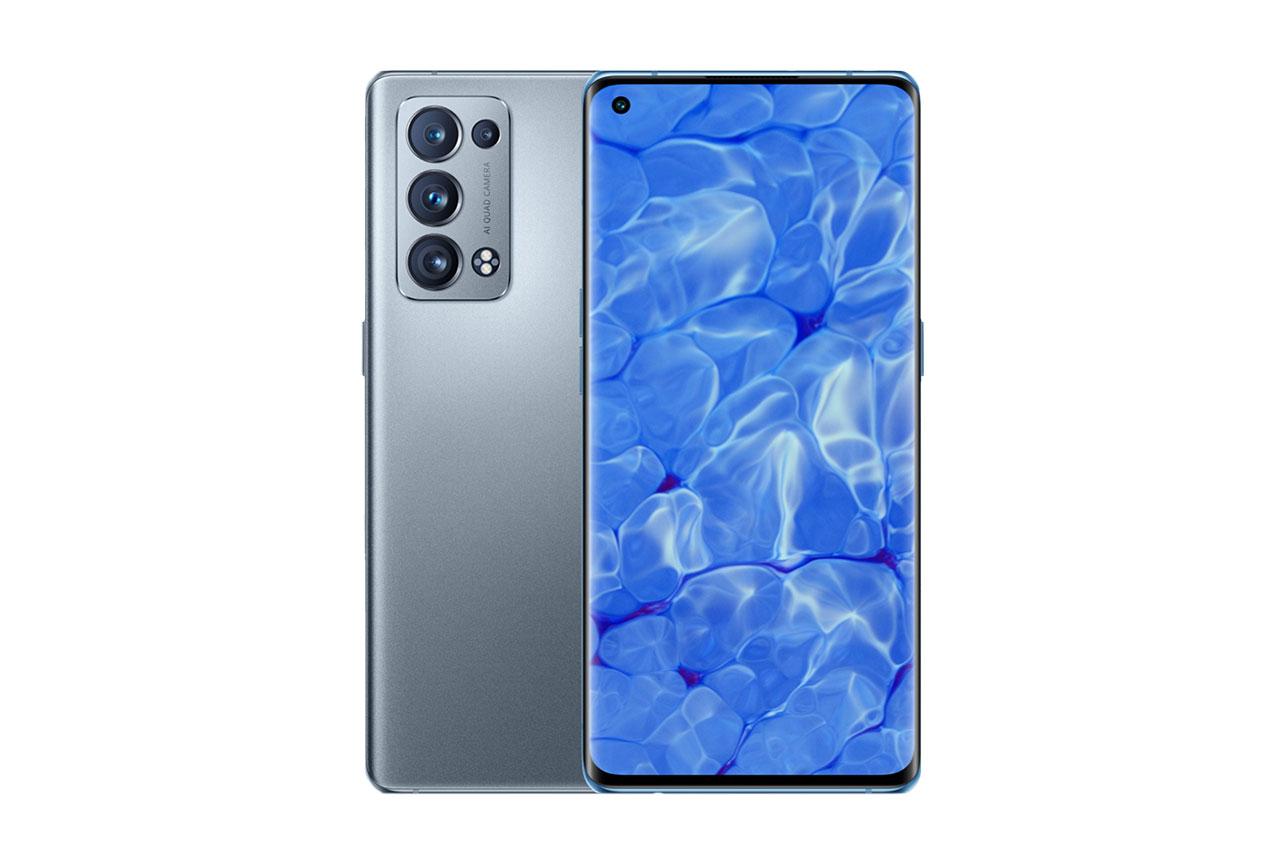
Oppo Reno6 Pro+


Pros
- High detail in most conditions for Photo and Video
- Accurate and repeatable autofocus
- Good target exposure on the ultra-wide camera, and in outdoor and indoor videos
- Stable white balance in video
- Autofocus is fast to react and adjust in video
Cons
- Exposure variation in outdoor shots
- Noise in stills and video
- Frequent color casts in indoor and outdoor shots, often pinkish skies
- Preview image shows lower dynamic range than capture
- Loss of detail when using the tele camera
- Limited dynamic range in video
- Ineffective video stabilization when walking while recording
With a DXOMARK Camera overall score of 121 the Oppo Reno6 Pro+ makes it into the top ten of the Premium segment ($600-799). The device builds on a Photo performance that is excellent for its class (126) and still images benefit from very good texture across the ultra-wide, primary and tele modules.
Its also achieves a decent Zoom score for its class and the Video score of 108 puts the Oppo Reno6 Pro+ among the top ten for Video in the Premium segment, making it an excellent option for users who are looking for consistently decent image results across all use cases without spending Ultra Premium segment amounts of money.
Photo
Oppo Reno6 Pro+ achieves a Photo score of 126. In this section we take a closer look at each sub-attribute and compare image quality against competitors.

Exposure and Contrast
Oppo Reno6 Pro+
92
111
In these tests we analyze target exposure, contrast, and dynamic range, along with repeatability across a series of images. Tests are undertaken in a wide range of light conditions, including backlit scenes and low light down to 1 lux. The score is derived from a number of objective measurements in the lab and perceptual analysis of real-life images.
In outdoor shots, our testers observed very noticeable exposure variation between consecutive shots, like in these images of a backlit scene.

Color
Oppo Reno6 Pro+
100
107
In these tests we analyze color rendering, skin tones, white balance, and color shading, along with repeatability across a series of images. The score is derived from a number of objective measurements in the lab and perceptual analysis of real-life images.
These samples show Oppo Reno6 Pro+’s color performance in an outdoor scene.

Autofocus
Oppo Reno6 Pro+
93
109
In these tests we analyze autofocus accuracy and shooting time as well as repeatability, in the lab. We test focus failures, depth of field, and tracking of moving subjects using perceptual analysis of real-life images.
This graph shows the Oppo Reno6 Pro+’s autofocus performance in our benchmark lab analysis under indoor light (300 lux) handheld.

Texture
Oppo Reno6 Pro+
107
111
In these tests we analyze texture on faces and objects, including objects in motion, in a range of light conditions, using several lab test setups and perceptual analysis of real-life images.
These samples show Oppo Reno6 Pro+’s texture performance in a low light scene.

Noise
Oppo Reno6 Pro+
70
102
In these tests we analyze noise on faces and objects, including objects in motion, in a range of light conditions, using several lab test setups and perceptual analysis of real-life images.
These samples show the Oppo Reno6 Pro+’s noise performance in a low-light setting.

Bokeh
Oppo Reno6 Pro+
60
80
For these tests we switch to the camera’s bokeh or portrait mode and analyze depth estimation, bokeh shape, blur gradient, and repeatability, as well as all other general image quality attributes mentioned above. The score is derived from perceptual analysis of real-life images.
These samples show Oppo Reno6 Pro+’s bokeh simulation indoors.

Night
Oppo Reno6 Pro+
41
82
In these tests we shoot a selection of images in pitch-black darkness as well as with city lights in the background providing some illumination. We shoot sample images with the camera at default settings in both flash-auto and flash-off modes. We analyze all image quality attributes but we pay particular attention to exposure, autofocus, and color. We do not test night modes that have to be activated manually.
These samples show Oppo Reno6 Pro+’s night performance in flash-auto mode.

Artifacts
Oppo Reno6 Pro+
67
77
In these tests we check images for optical artifacts such as vignetting, flare, lens softness in the corners, distortion, and chromatic aberrations, as well as for processing artifacts such as ghosting and fusion errors, hue shift, and ringing.
This sample shows fusion artifacts in a backlit scene.

Preview
Oppo Reno6 Pro+
65
80
In these tests we analyze the image quality of the preview image and the differences between preview images and captured images, particularly in terms of exposure, dynamic range, and bokeh effect. We also check the smoothness of the field-of-view changes in the preview image when zooming with both buttons or when using the pinch-zoom gesture.
These samples compare accuracy between the Oppo Reno6 Pro+’s preview and final capture in a high contrast indoor scene.
Zoom
Oppo Reno6 Pro+ achieves a Zoom score of 64. The Zoom score includes the tele and wide sub-scores. In this section, we take a closer look at how these sub-scores were achieved and compare zoom image quality against the competitors.

Wide
Oppo Reno6 Pro+
39
58
In these tests, we analyze the performance of the ultra-wide camera at several focal lengths from 12 mm to 20 mm. We look at all image quality attributes, but we pay particular attention to such artifacts as chromatic aberrations, lens softness, and distortion.
These samples show the performance of the Oppo Reno6 Pro+’s ultra-wide camera in an indoor setting.

Tele
Oppo Reno6 Pro+
80
140
In these tests we analyze all image quality attributes at focal lengths from approximately 40 to 300 mm, paying particular attention to texture and detail. The score is derived from a number of objective measurements in the lab and perceptual analysis of real-life images.
This shows the Oppo Reno6 Pro+’s average resolution scores in our benchmark lab analysis using a medium-range zoom setting under different lighting conditions.
Video
In our Video tests we analyze the same image quality attributes as for still images, such as exposure, color, texture, and noise, but we also include such temporal aspects as speed, smoothness and stability of exposure, white balance, and autofocus transitions.
NOTE: The sample video clips in this section are best viewed at the highest resolution available.
Oppo Reno6 Pro+ achieves a Video score of 108. A device’s overall Video score is derived from its performance and results across a range of attributes in the same way as the Photo score. In this section, we take a closer look at these sub-scores and compare video image quality against competitors.

Exposure and Contrast
Oppo Reno6 Pro+
96
118
These video stills show the Oppo Reno6 Pro+’s video exposure performance in daylight.

Color
Oppo Reno6 Pro+
96
107
These video stills show the Oppo Reno6 Pro+’s video color in an indoor scene.

Autofocus
Oppo Reno6 Pro+
98
109
This sample clip shows the Oppo Reno6 Pro+’s video autofocus performance in an indoor scene.
Autofocus convergence is slow.
These video stills show the Oppo Reno6 Pro+’s video texture performance under indoor lighting conditions.

Noise
Oppo Reno6 Pro+
82
105
This graph shows the Oppo Reno6 Pro+’s video noise performance in the lab.

Artifacts
Oppo Reno6 Pro+
73
85
For video artifacts, we check for the same kinds of artifacts mentioned in the Photo section, along with such video-specific artifacts as frame rate variation in different light conditions, judder effect, and moving artifacts (artifacts such as aliasing, color quantization, and flare can often be more intrusive when moving than in a still image).
This video still shows a hue shift around clipped areas.

Stabilization
Oppo Reno6 Pro+
89
103
In these tests we analyze residual motion when handholding the camera during recording, as well as when walking and running with the camera. We also look for stabilization artifacts such as jello effect, sharpness differences between frames, and frame shift (abrupt changes of framing).
This sample clip show the Oppo Reno6 Pro+’s video stabilization performance in daylight.


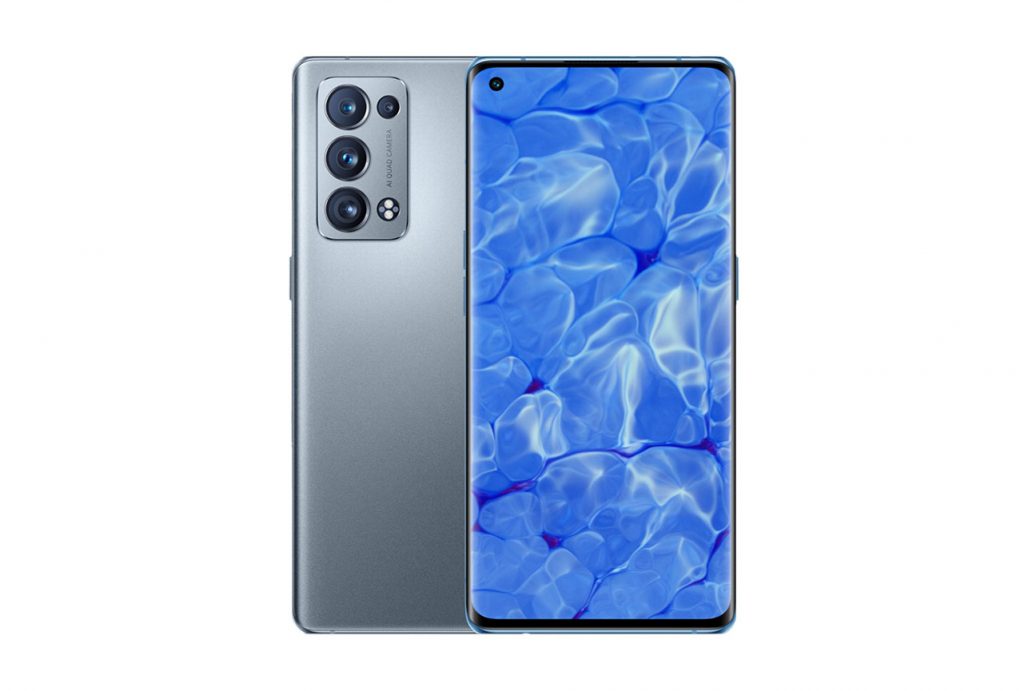








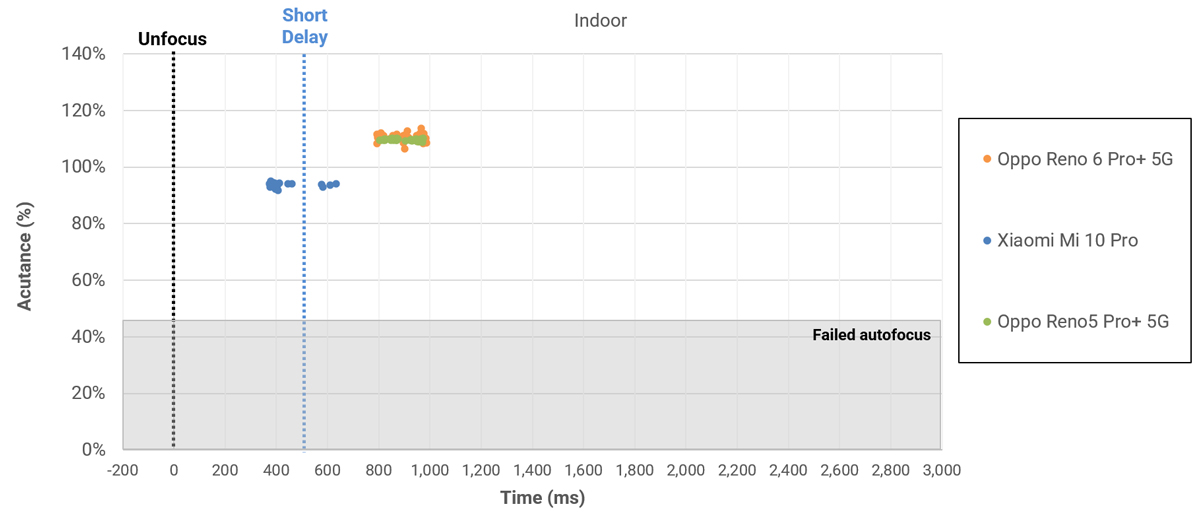


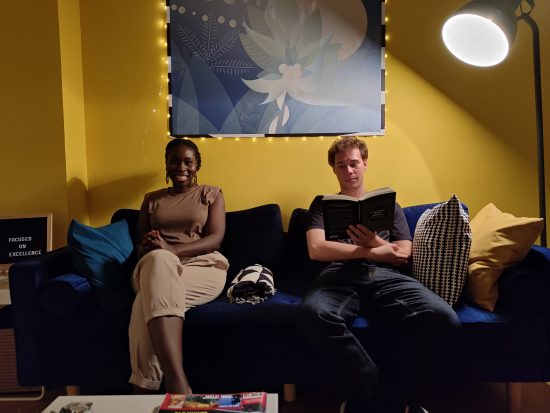
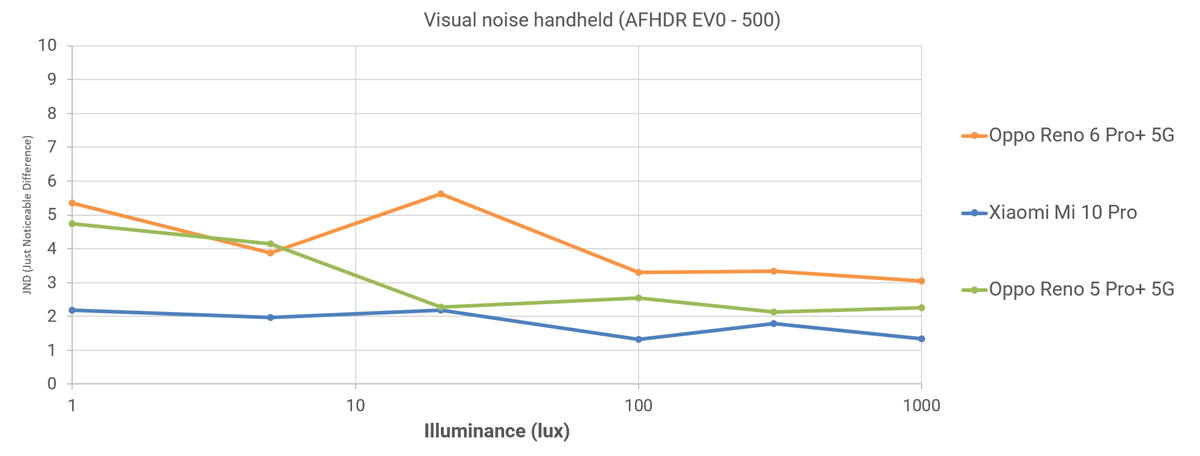






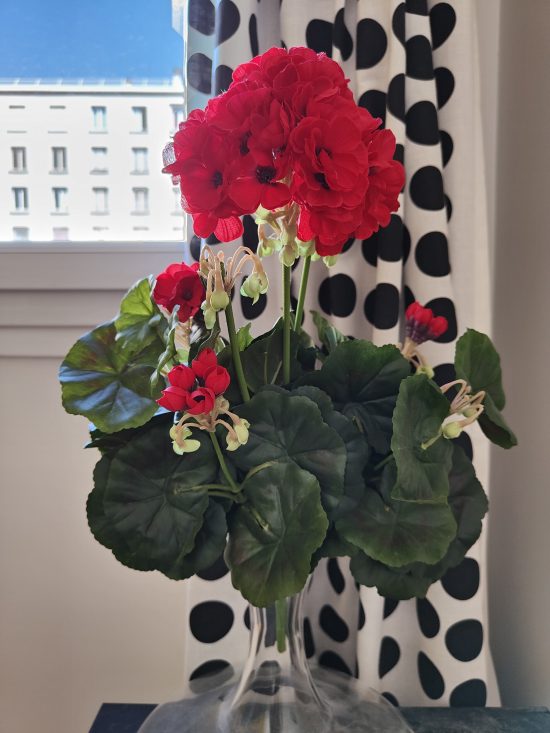
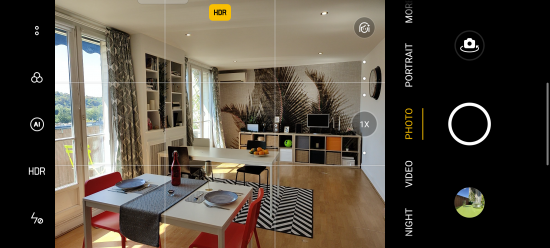
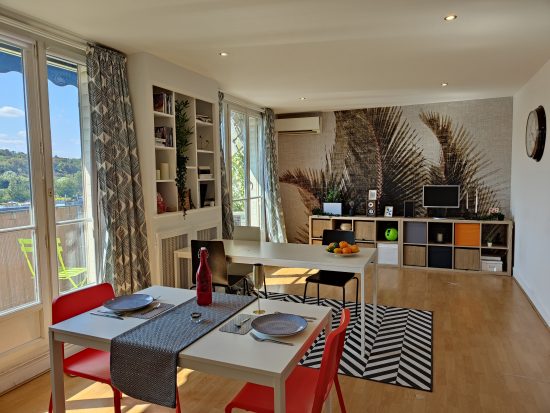
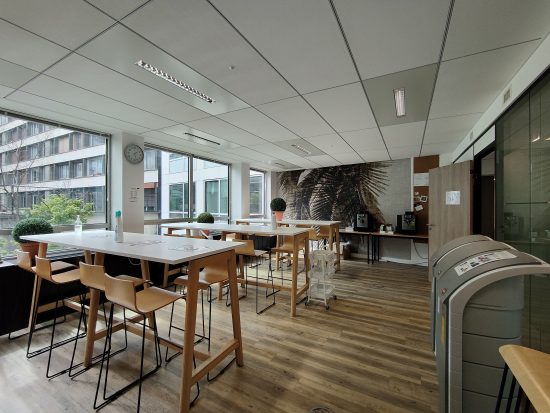
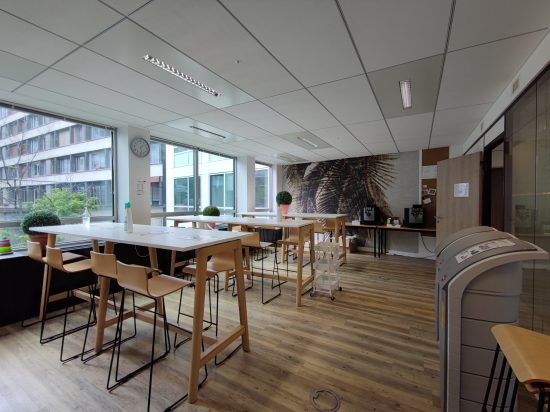
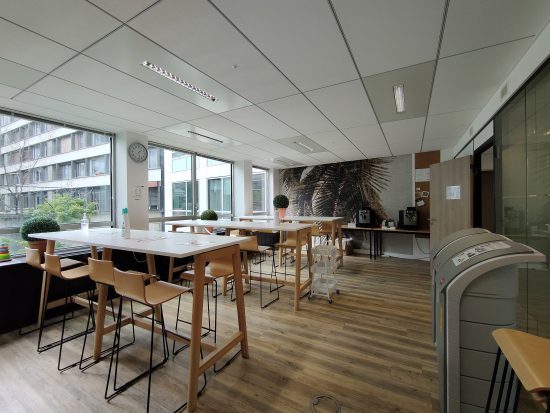






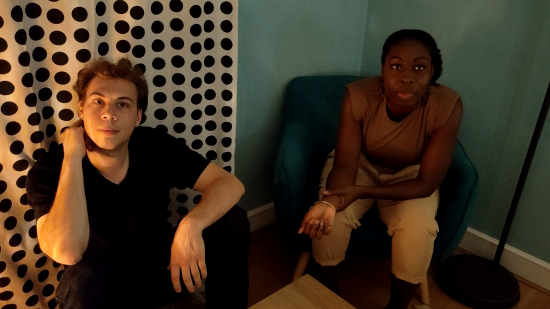

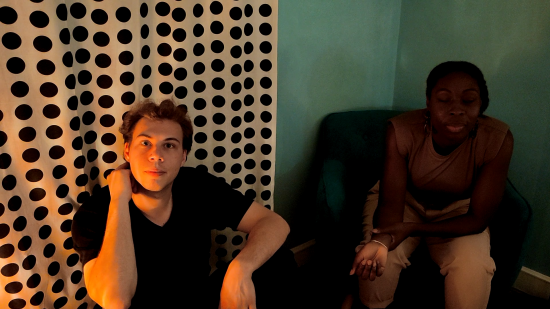
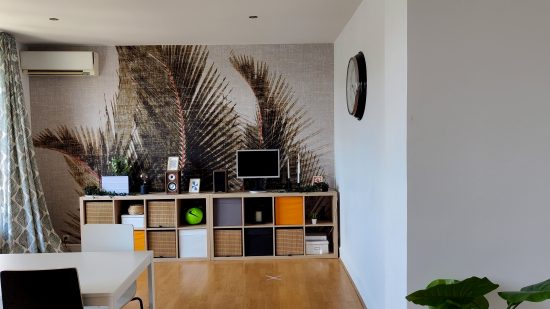
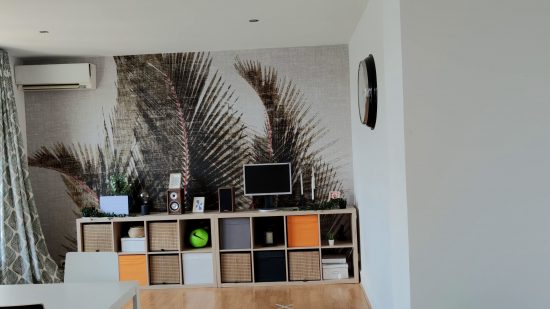
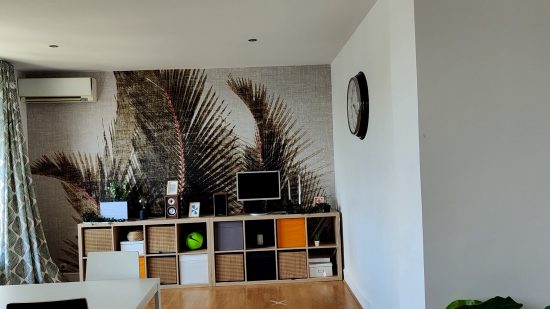
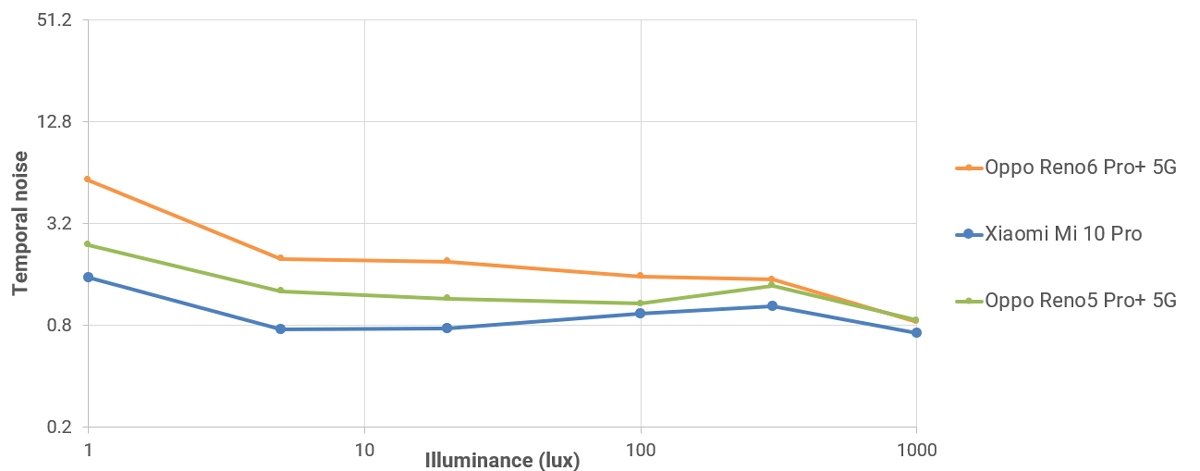

DXOMARK encourages its readers to share comments on the articles. To read or post comments, Disqus cookies are required. Change your Cookies Preferences and read more about our Comment Policy.